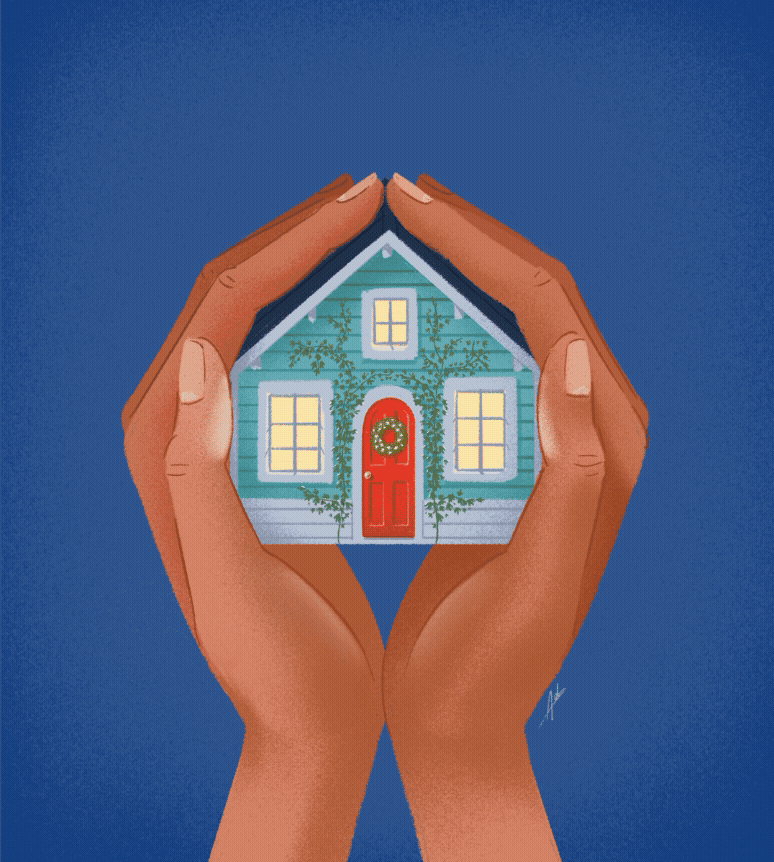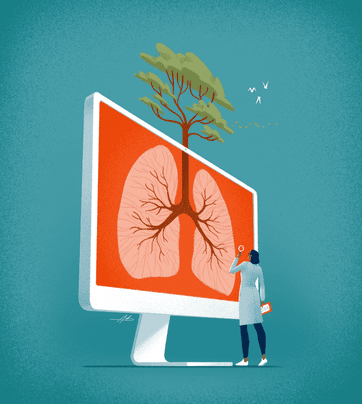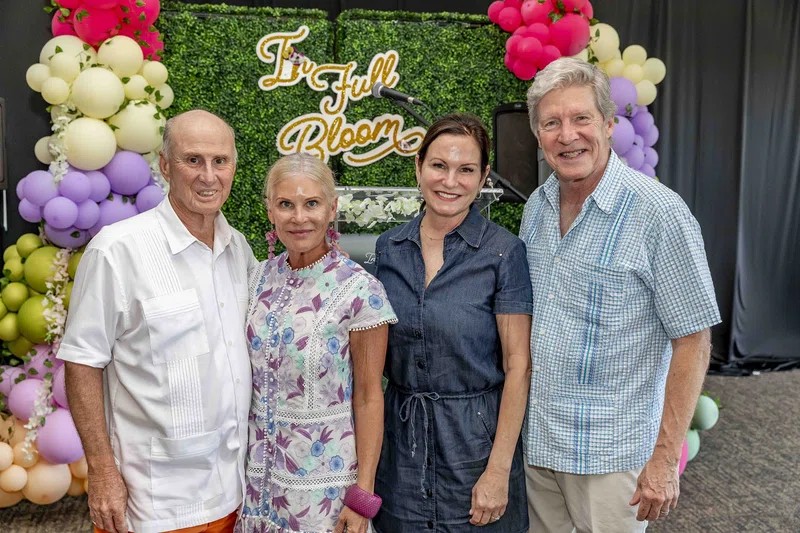result




Patient Experience

unlocking
potential
Opening the Door to Mental Health Recovery
Nestled in the heart of Houston’s Montrose neighborhood, a cluster of homes offers hope to a group of people grateful to be welcomed, supported and celebrated. The Monarch Community, with expert care from Houston Methodist behavioral health professionals and support from generous donors, provides a safe and structured environment for individuals living with severe mental illness. Here, residents are empowered to focus on social recovery as they learn to manage their illness in a setting that prioritizes holistic and compassionate care, personal growth, ownership and dignity.
Lesha and Tom Elsenbrook navigate life with purpose, led by the Christian values that anchor their busy days. After leaving the oil and gas business, she has served on several charitable boards and is currently the development chair of the Hobby Center Board of Directors. He is a business management consultant who lives by his own personal mission statement. Together, they channel their optimism, intellect and energy toward uplifting and transforming the lives of people across Houston.
The couple’s decades-long friendship with Kristi and David Lumpkins is rooted in shared principles and a mutual drive for service to others. When the Lumpkins founded Yellowstone Schools — a faith-based, private charter school serving children from low-income families in Houston’s Third Ward — Tom and Lesha were early investors and remain committed to its purpose today. So it wasn’t surprising when the Elsenbrooks also embraced the mission of The Monarch Community, another nonprofit into which the Lumpkins have poured their hearts and souls.
“Lesha and I both feel compelled to help meet a dire need by expanding and raising the standard of residential mental health care in HoustoN.”
The predecessor to The Monarch Community was a for-profit residential mental health care provider operating in the Montrose area for more than 30 years. Although it had been successful in helping families deal with mental health challenges, it was grossly under-resourced and operated on a shoestring. After the passing of its founder, the Lumpkins created the nonprofit Monarch Community to acquire the practice and most of the facilities that had previously been leased. These developments culminated in 2024 with a joint services agreement between Monarch and the Houston Methodist Department of Psychiatry and Behavioral Health to elevate the quality of care and give new life to the center.
“For the 15 million adults in the U.S. who experience serious mental illness, such as schizophrenia spectrum disorders, the options for effective and empathetic residential care are few and far between,” says Houston Methodist’s Chris Fowler, PhD, who serves as executive clinical director.
Dr. Fowler leads the psychiatric, therapeutic and clinical services at Monarch, which are administered by a staff of 36 Houston Methodist mental health professionals. Monarch differentiates itself from other residential treatment centers by offering comparatively cost-effective, extended and integrated care. With three levels of step-down service, it provides a continuum of care designed to offer the appropriate level of support while fostering increasing personal responsibility and autonomy.
“It is one of the few places in the country providing longer-term care where people with serious mental illness can go when others have failed to meet their complex needs,” David points out.
Kristi and David were initiated into the plight of families trying to find solutions for a loved one with serious mental illness through their own experience seeking help for their daughter Kathryn, who lived with a severe form of schizophrenia. Her 20-year embattled journey came to an end when she passed away in 2024 at the age of 40.
In tribute to their friends and in recognition of the hardships so many families experience, the Elsenbrooks made a loving gift in honor of Kathryn’s memory — creating the Kathryn Gen Lumpkins Endowed Chair in the Department of Psychiatry and Behavioral Health at Houston Methodist. Touched by their gesture to help support the work of Houston Methodist clinicians at Monarch, the Lumpkins made a philanthropic gift in support of the endowment as well.
The endowment will enable Houston Methodist mental health specialists to better support patients’ transition from hospital to residential treatment, expand access to advanced psychiatric services and bolster continuity of care. It will also fuel research into clinical programs, enhancing treatment innovation at the facility and, in turn, research at Houston Methodist.
“It’s a critically important mission,” says Tom. “Just as with individuals living with a chronic physical disease, people with chronic mental health conditions need consistent health care and support in their lives. Lesha and I both feel compelled to help meet a dire need by expanding and raising the standard of residential mental health care in Houston.”







